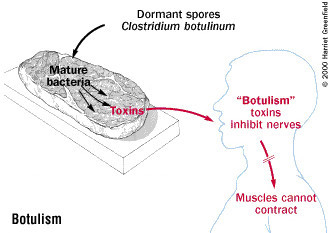
What are somatic workouts?

How to curb your stress eating

How to spot Parkinson’s disease symptoms

8 simple ways to reduce ultra-processed foods in your diet

Heart failure symptoms in women: How they’re different

GERD diet: Foods to avoid to reduce acid reflux

Strong is the new skinny

Everyday habits that sneakily weaken your bones

Don’t wait to get help for back pain

Correcting how you walk may ease osteoarthritis knee pain
Diseases & Conditions Archive
Articles
How the stigma of migraine might hurt your health
Migraine can carry a certain stigma that unfairly marks individuals with the condition. A 2024 study suggested that such stigma might be tied to increased disability and reduced quality of life for people struggling with this debilitating disease. To cope with migraine stigma, it helps to talk to a psychologist or join a migraine support group, educate loved ones, and talk to one's boss regarding accommodations needed to cope with migraine on the job.
Medication side effects: What are your options?
All medicines have potential side effects. Usually, side effects are more bothersome than serious –– though a few are dangerous. If you experience a side effect, what are your options?

What are somatic workouts?

How to curb your stress eating

How to spot Parkinson’s disease symptoms

8 simple ways to reduce ultra-processed foods in your diet

Heart failure symptoms in women: How they’re different

GERD diet: Foods to avoid to reduce acid reflux

Strong is the new skinny

Everyday habits that sneakily weaken your bones

Don’t wait to get help for back pain

Correcting how you walk may ease osteoarthritis knee pain
Free Healthbeat Signup
Get the latest in health news delivered to your inbox!
Sign Up










